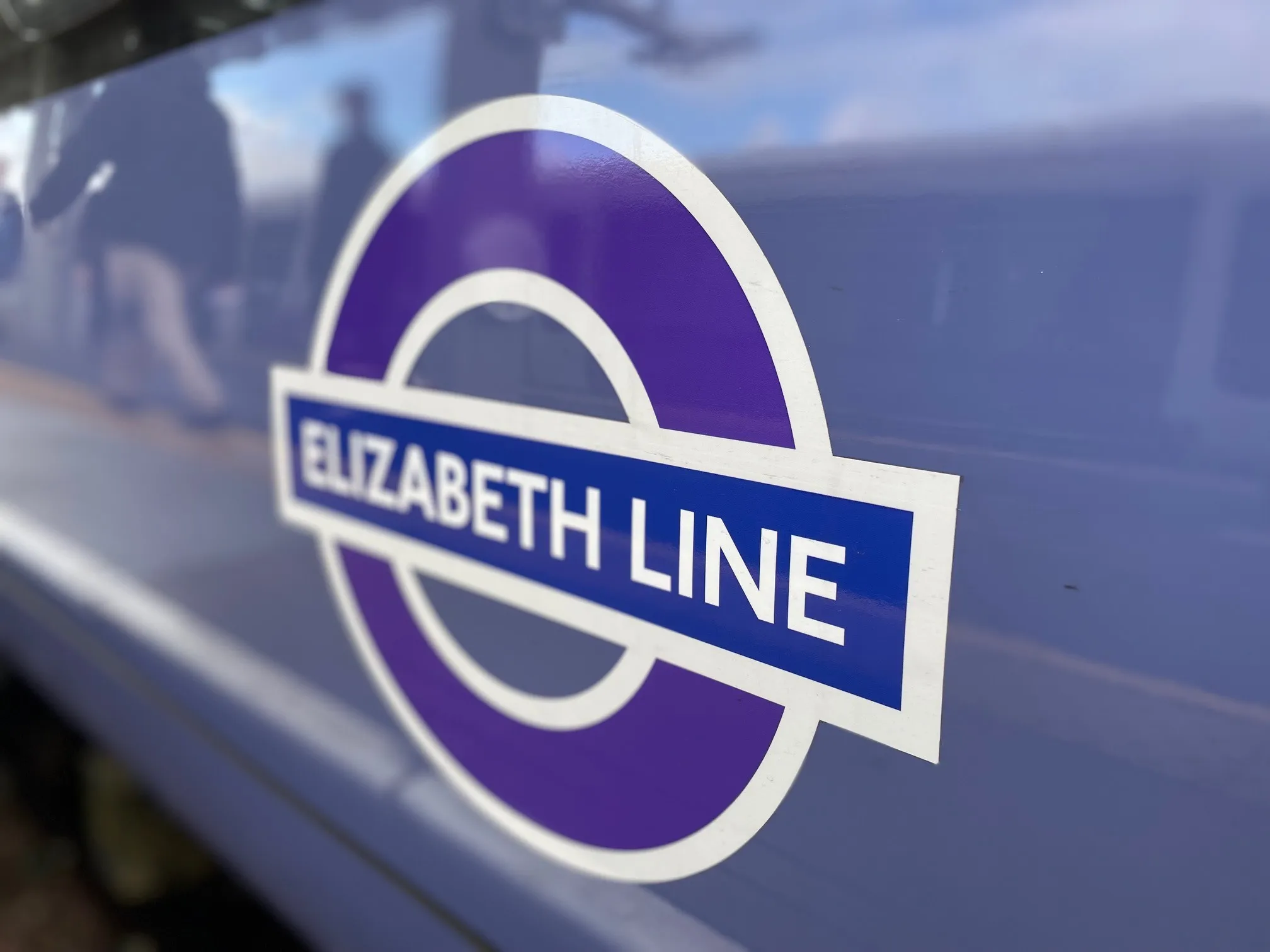In their latest findings on Canada’s infrastructure sector, Business Monitor has revised down their outlook for the overall construction industry in Canada for 2013 to 2.2 per cent. This is being driven by a sharper than expected contraction in industry value creation from the residential and non-residential building segment. Despite this, they anticipate a slight pick-up in the second half of the year will ensure that subsector maintains positive growth. On the other hand, infrastructure will post another year of solid performance, with Business Monitor’s outlook for robust growth in the subsector unchanged.
Although below trend construction industry data has prompted Business Monitor to downgrade their 2013 forecast for industry growth, they are maintaining their view that Canada will be one of the best performing developed markets over the near term. Growth will be supported by high-value infrastructure projects across the transport and energy sectors, as well as social infrastructure, industrial projects, and a housing market that whilst slowing, should remain positive.
One of the strongest sub-sectors over Business Monitor’s 10-year forecast period to 2022 will be railways, where a project pipeline worth US$36 billion will drive annual average industry value real growth of 4.4 per cent between 2013 and 2022. This growth will be driven primarily by urban rail projects, including the CAD8.2bn Eglinton Crosstown Light Rail Transit project, the US$2.6 billion Toronto Subway Spadina line expansion, the US$2.1 billion Ottawa Light Rail project and the US$1.8 billion Edmonton Light Rail project.
There is further upside potential to Business Monitor’s forecast from freight rail projects, however, with the Cóte Nord rail project in Quebec temporarily suspended in February 2013 due to weak demand, they have seen verification for their decision to withhold these projects from their forecast. In November 2012, a railway project to transport crude from Alberta's oil sands to Alaska moved forward. The project has support from first Nations groups and is seeking financing to produce a feasibility study.







